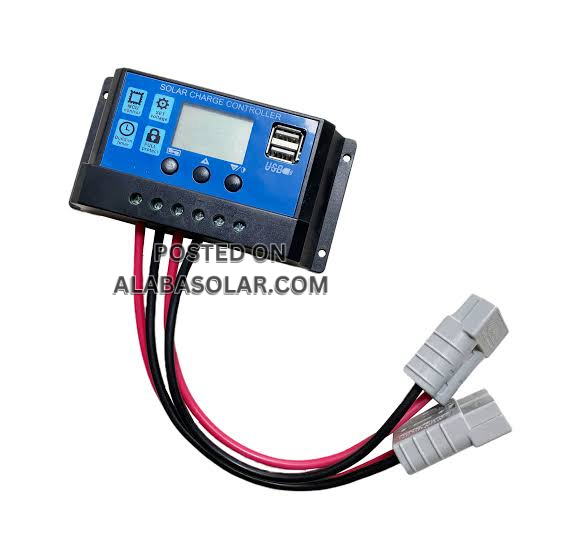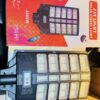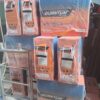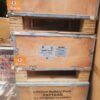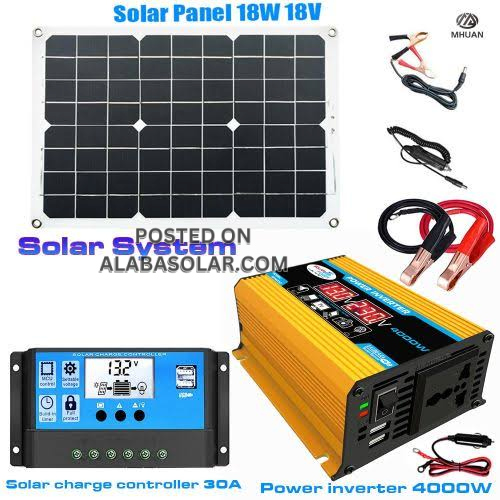
Solar Inverter Price in Nigeria: A Comprehensive Guide to Costs and Savings
Solar Inverter Price in Nigeria: A Comprehensive Guide to Costs and Savings
Did you know that many Nigerians believe solar power is way too expensive? That’s a myth! Solar energy is becoming more affordable. A key part of any solar system is the solar inverter. It’s what makes solar power usable in your home or business. More and more people in Nigeria are looking at solar because electricity costs are rising, and the power grid isn’t always reliable. This guide breaks down the price of solar inverters in Nigeria, what affects those prices, and how to make smart choices.
Understanding Solar Inverters and Their Importance
Let’s get to grips with solar inverters. Knowing what they are and why they matter is key.
What is a Solar Inverter?
Solar panels make direct current (DC) power. Most homes and businesses use alternating current (AC) power. A solar inverter changes DC power from your solar panels into AC power that you can use. Think of it like a translator, changing one language into another. Below is a visual representation of this conversion.
[Diagram of DC to AC conversion]
Types of Solar Inverters: String, Hybrid, and Microinverters
There are three main types of solar inverters:
- String Inverters: These are the most common and most affordable. They connect all your solar panels in a “string.” The downside? If one panel isn’t working well, it affects the whole string.
- Hybrid Inverters: These work with batteries. They can store extra solar power for later use. They’re great if you want backup power during outages. However, expect to pay a premium for this added capability.
- Microinverters: These are small inverters that attach to each solar panel. They’re more expensive, but they can boost the output of your panels. Also, if one panel fails, the others keep working fine.
The table below compares the major inverter types side-by-side.
| Feature | String Inverter | Hybrid Inverter | Microinverter |
|---|---|---|---|
| Cost | Lower | Higher | Highest |
| Battery Compatible | No | Yes | No (usually) |
| Efficiency | Good | Good | Very Good |
| Reliability | Moderate | Moderate | High |
| Best Use Case | Simple systems | Backup power | Shaded roofs |
Why a Quality Inverter Matters for Solar Power Systems
A good quality inverter makes a big difference. It improves your system’s efficiency and how long it lasts. Cheap inverters can cause problems. They might not convert power efficiently or even fail early. That could cost you more money in the long run.
Factors Affecting Solar Inverter Price in Nigeria
Several things affect how much you’ll pay for a solar inverter in Nigeria. Brand, capacity, special features all play a role. Import fees also make a difference.
Inverter Capacity (kW Rating) and Pricing
Inverter capacity is measured in kilowatts (kW). The higher the kW rating, the more power it can handle. Bigger inverters cost more. Here’s a general idea of prices:
- 3kW Inverter: NGN 150,000 – NGN 300,000
- 5kW Inverter: NGN 250,000 – NGN 500,000
- 10kW Inverter: NGN 500,000 – NGN 1,000,000
These are rough estimates. Actual prices may vary.
Inverter Brand and Quality Considerations
Well-known brands usually cost more. But they also offer better quality and reliability. Some popular brands in Nigeria include Schneider Electric, SMA, and Growatt. Be careful with very cheap, unbranded inverters. They may not last long.
Inverter Features: MPPT, Battery Compatibility, and Monitoring
Some inverters have extra features. Maximum Power Point Tracking (MPPT) helps your panels produce more power. Battery compatibility is important if you want to store solar power. Remote monitoring lets you track your system’s performance. These features usually increase the price.
Import Duties, Exchange Rates, and Local Market Conditions
Nigeria imports most solar inverters. Import duties and exchange rates affect the final price. Also, local supply and demand can cause prices to fluctuate.
Solar Inverter Price Ranges in Nigeria (2024)
Here are some estimated price ranges for solar inverters in Nigeria as of 2024.
Price Estimates for Common Inverter Capacities (3kW, 5kW, 10kW)
- 3kW Inverter: NGN 150,000 – NGN 300,000. Suitable for small homes with basic appliances.
- 5kW Inverter: NGN 250,000 – NGN 500,000. Good for medium-sized homes with more appliances.
- 10kW Inverter: NGN 500,000 – NGN 1,000,000. Ideal for larger homes or small businesses.
Comparison of Prices for Different Inverter Brands
| Brand | 5kW Inverter Price Range | Features | Warranty |
|---|---|---|---|
| Schneider Electric | NGN 400,000 – NGN 500,000 | MPPT, remote monitoring | 5 years |
| SMA | NGN 350,000 – NGN 450,000 | MPPT, high efficiency | 5 years |
| Growatt | NGN 250,000 – NGN 350,000 | Basic features, affordable | 2-3 years |
These are approximate prices. Always check with suppliers for current prices.
Additional Costs to Consider: Installation, Wiring, and Accessories
Don’t forget about other costs! You’ll need to pay for installation, wiring, and accessories. Batteries and charge controllers (for off-grid systems) also add to the cost. Budget for these expenses too.
Choosing the Right Solar Inverter for Your Needs
Picking the right inverter is important. It all starts with assessing your needs, thinking about your budget and planning for the future.
Assessing Your Energy Needs and System Size
How much electricity do you use each day? Add up the wattage of all your appliances. Then, figure out how many hours each appliance runs. This will help you determine the right inverter capacity.
Matching Inverter Type to Your Application: Grid-Tie, Off-Grid, or Hybrid
- Grid-Tie Inverters: These connect to the national grid. You can send excess solar power back to the grid.
- Off-Grid Inverters: These are for homes that aren’t connected to the grid. You’ll need batteries to store power.
- Hybrid Inverters: These can connect to the grid and work with batteries. They offer the best of both worlds.
Key Considerations: Warranty, Efficiency, and After-Sales Support
Check the warranty before you buy an inverter. A longer warranty means the manufacturer trusts their product. Also, look for an inverter with high efficiency. And make sure the supplier offers good after-sales support.
Tips for Saving Money on Solar Inverter Purchases
Want to save money on your solar inverter? Here are some tips.
Compare Prices from Multiple Suppliers
Don’t buy from the first supplier you find. Get quotes from several suppliers. Compare prices and negotiate for a better deal.
Consider Refurbished or Used Inverters (with Caution)
You might find a good deal on a refurbished or used inverter. But be careful! Buy from a trusted source. And check the inverter’s condition carefully.
Take Advantage of Government Incentives and Financing Options
The Nigerian government may offer incentives for solar power. Check for subsidies or financing options. These can help reduce the cost.
Properly Maintain Your Inverter to Extend Its Lifespan
Take good care of your inverter. Keep it clean and well-ventilated. This will help it last longer.
Conclusion
Solar inverter prices in Nigeria depend on many things. Capacity, brand, and features all play a role. By understanding these factors, you can make an informed decision. Choosing the right inverter will ensure optimal performance and long-term savings. Ready to start your solar journey? Reach out to local suppliers and start comparing quotes today!
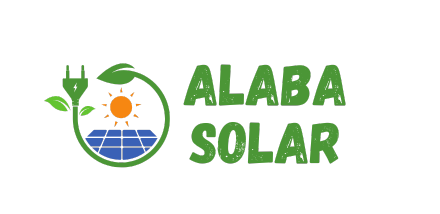

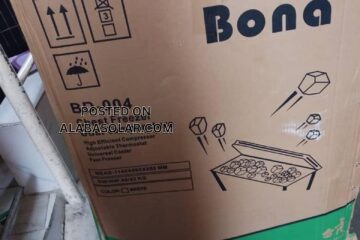
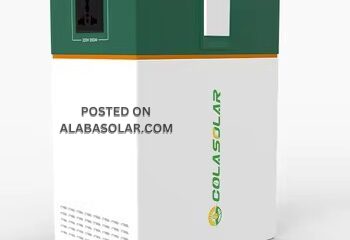
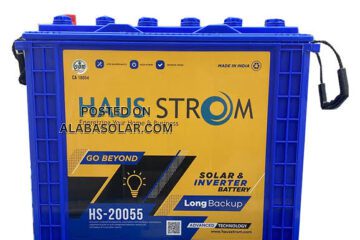
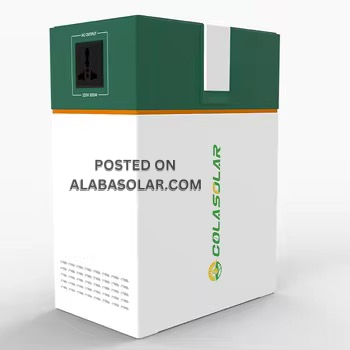
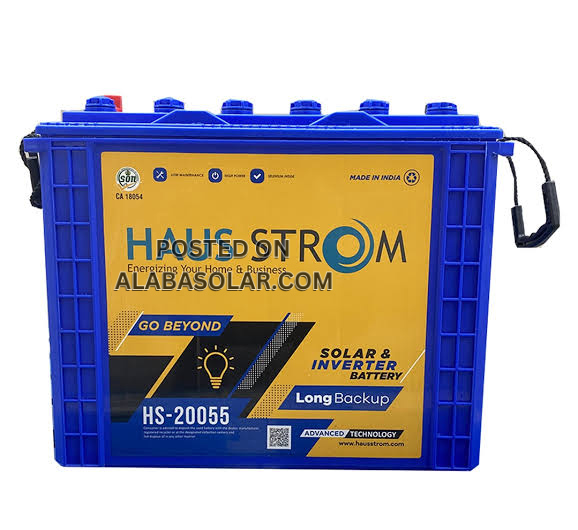
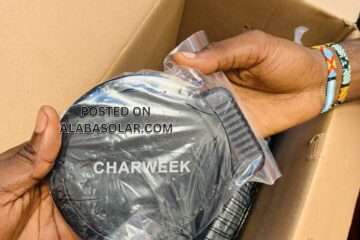
![Solar Inverter Prices in Nigeria [Hybrid & Transformer Based]](https://alabasolar.com/wp-content/uploads/2025/03/IMG_4192.jpeg)
